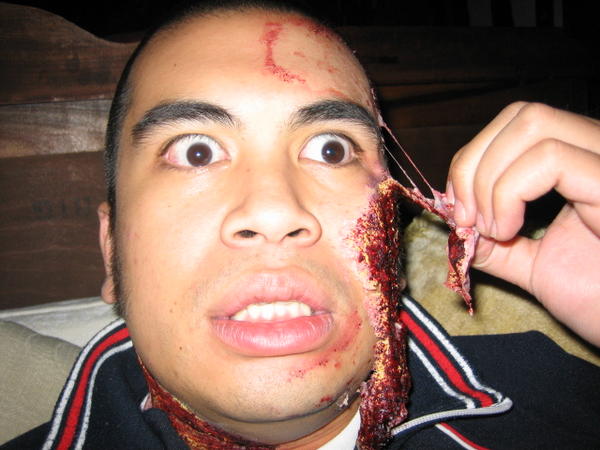Framed!


link


 |


 ,
,







In his 1998 book "Jury Nullification: The Evolution of a Doctrine," Clay S. Conrad defines "jury nullification" this way: "Jurors in criminal trials have the right to refuse to convict if they believe that a conviction would be in some way unjust."
The doctrine of jury nullification (search) rests on two truths about the American criminal justice system: (1) Jurors can never be punished for the verdict they return, and (2) Defendants cannot be retried once a jury has found them not guilty, regardless of the jury's reasoning. So the juries in both the Rosenthal and Paey cases could have returned a "not guilty" verdict, even though Paey and Rosenthal were undoubtedly guilty of the charges against them.
This may sound radical, perhaps even subversive, but jury nullification serves as an important safeguard against unjust laws, as well as against the unfair application of well-intended laws.

